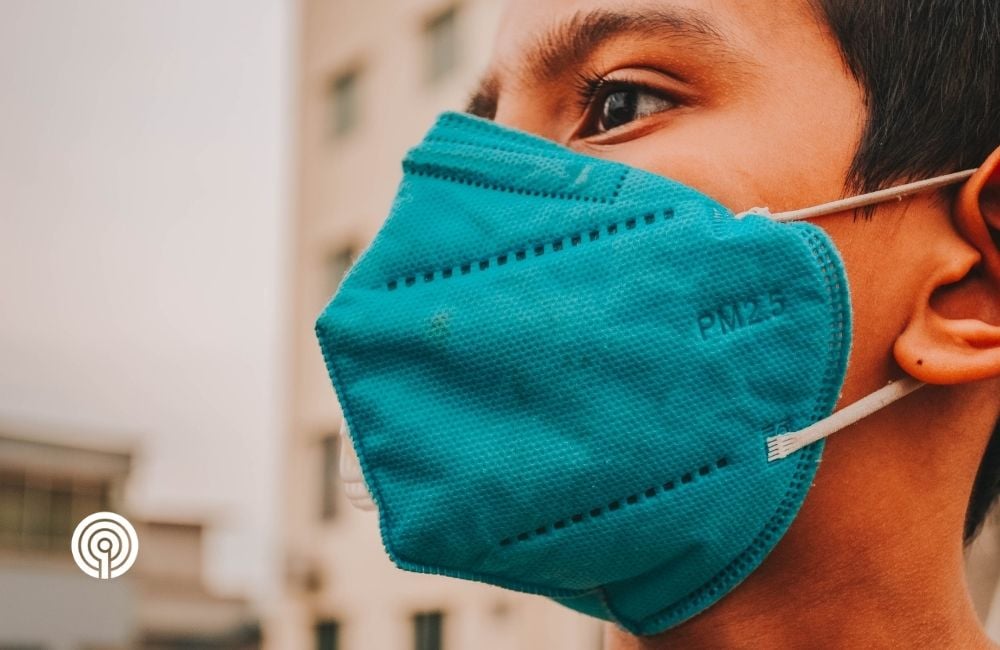
The COVID-19 pandemic is disproportionately affecting the most vulnerable among us. This includes the elderly and those with underlying health conditions. It also includes communities of color, immigrant communities, low-income workers, and the prison population.
Cross-cultural communication during a health crisis
As more data emerges that show how social inequities are fueling the pandemic in the United States, it is clear that cultural competency and bias awareness in healthcare is more important than ever.
The healthcare system in many states is overwhelmed by cases of COVID-19 and struggling to secure the resources it needs to safely and effectively treat patients. It may seem like too much to ask for physicians and caregivers to be mindful of cross-cultural communication issues and unconscious bias in such hectic conditions.
But this is precisely the time when skills in cultural competency are most needed. The Three Tenets of Cross-Cultural Communication presented below are a helpful touchstone for all of us to keep in mind as we move forward in our professional interactions—whether they be in the most critical care settings or in other roles no doubt touched by our current reality. They may seem like simple recommendations, but there are concrete ways clinicians can actively exhibit them for maximum effect. They are empathy, curiosity, and respect.
The Three Tenets of Cross-Cultural Communication
1) Empathy
Empathy is not a feeling that you have, it’s something that you do. It involves showing patients that you recognize and care about how they are feeling—not just physically, but also emotionally. We are in the midst of a very challenging time that is characterized by fear. There is a tremendous amount of fear of COVID-19 and lack of clear and straightforward information on how to prevent and treat it. There is also fear about the repercussions of COVID-19 and the social isolation policies currently in place: Financial challenges, job instability, loss of connection with family and friends, etc. Now is a time to demonstrate empathy towards patients in concrete and meaningful ways.
Try the following strategies to demonstrate empathy toward your patients:
- Listen more than you talk, at least at the beginning of your interactions with patients.
- Pay close attention to what your patients are saying and demonstrate your attention through body language, eye contact, and your tone of voice.
- Identify what patients indicate that they are feeling (fear, anger, stress, sorrow, frustration, etc.) and respond by recognizing it, e.g.; “It sounds like you’ve been under a lot of stress.” Pause for a response.
- Use phrases that demonstrate empathy, e.g.; “That must be really hard.” “I’m so sorry you’re going through this.”
2) Curiosity
With a major disaster like the COVID-19 pandemic, clinicians sometimes feel uncomfortable asking about what exactly has happened for a particular patient. You might worry that you are prying into personal matters or will cause more trauma by asking your patient to rehash things. But people often want (and need) to tell their stories. Show that you’re interested in learning more about a patient and what they are going through.
Questions that demonstrate clinically-relevant curiosity:
- "Can you tell me about what’s been going on?”
- "How have you been handling this situation with COVID-19?”
- "How is your family doing with it?”
- "How have you been impacted financially?"
- "Do you have safe conditions in which to shelter in place?"
3) Respect
In an outbreak like COVID-19, patients may follow advice on prevention and treatment that is not medically-based or scientifically sound. They may hold a wide range of beliefs and ideas as well, and these are likely to vary across cultural and ethnic groups. It is particularly important at this time to avoid the temptation to judge people for what they think or believe.
Ways to demonstrate respect:
- Approach each person as an individual and avoid making assumptions based on stereotypes.
- Make and maintain eye contact while patients are talking.
- Listen closely and invite patients to express their opinions.
- Speak candidly about their health conditions and encourage participation in treatment planning.
Cultural Competency at the Forefront
Keep cultural competency at the forefront as you manage patient care and do your best to ensure health equity during the COVID-19 pandemic. The Three Tenets of Cross-Cultural Communication will help you ease your patients' fears and encourage safe behaviors as you navigate this health crisis.